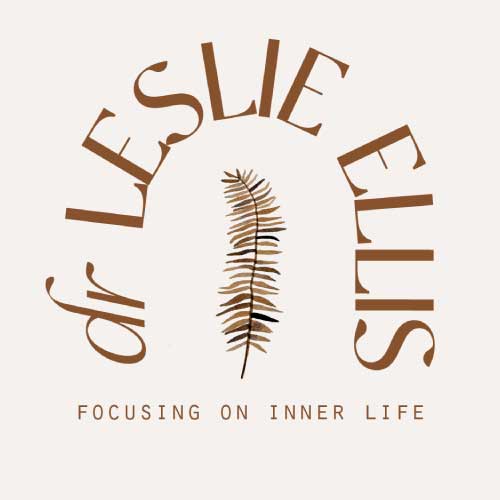I was recently asked this question by Women’s Health magazine, and it led to some interesting further reading and provocative thoughts.
An amazing half of people asked will say they had a precognitive dream at some point in their lives. Does this mean dreams can predict the future? So far, there is no scientific evidence to back this statement up – and it may be impossible to actually run such an experiment. However, there are many possible explanations which point to the nature of dreaming itself.
What researchers have found is that most precognitive dreams are retrospective, meaning we recognize them as prescient after the fact. When you do the opposite – track dreams and then see if what we dream about actually comes to pass, the instances of precognition drop dramatically. However, there are still many astounding stories of dreams predicting events that actually happen.
I was once on a radio show, and a caller told me a story about a lifelong recurrent dream: they were rounding a curve in the highway and suddenly, there was a huge slide ahead that had washed out the road. He said one day, he found himself on this familiar stretch of road, and instinctively braked before the turn. The road indeed was washed away, and he credits the dream for saving his life.
Here is a quick survey of possible explanations:
- Dreams are future-oriented simulations that depict likely scenarios; some of them may be accurate.
- Our bodies and our subconscious are adept at picking up subtle early cues about things that matter to us such as our health and relationships.
- Statistically speaking, given the sheer number of dreams, it is impossible not to have precognitive dreams. (For more on this, see Matt Walker’s podcast: https://podcasts.apple.com/us/podcast/76-precognitive-dreaming/id1578319619?i=1000659367737)
- Dreams are our connection to the wider world of psyche and operate outside the bounds of rationality and linear time.
Notice that all of these could be true, although the last item asks us to step outside of the rational, evidence-based perspective that dominates our culture. This bias toward what is visible and measurable has demoted dreams to the sidelines (even in psychology), and yet there remains a yearning to connect with their wider wisdom. So many people I encounter wish for a deeper connection to their dreaming lives and a way to make sense of them. I suspect this us why I am often asked questions that point to the mysterious nature of dreaming. I typically search for the answers from both within the realm of science and also from those who relate to dreams as sacred, and not bounded by what can be seen and measured.
As luck would have it, as I was writing this short post, I picked up a new book, The Dreaming Way by Toko-pa Turner. In it, she eloquently offers her perspective on the purpose of dreaming: as a bridge between physical and sacred realities, a bridge that she says has “fallen into disrepair.” When dreams are viewed as sacred communication from the imaginal realm, they are taken seriously, as pointing to one’s deeper life purpose, and potentially as prophetic. Ancient texts from many cultures (including Greek philosophy, the Bible, the Upanishads) feature accounts of important, prophetic dreams.
The biggest problem with precognitive dreams is that you don’t know they are actually predicting something until after the fact. Still, because of the ability of our subconscious mind to pick up early warning signs, I suggest acting on any dreams that seem insistent, especially if they are pointing to potentially serious issues with your health or emotional life. Many people have credited such dreams with saving their life by pointing to a malignant cancer or other serious illness.
With other dreams that seem like warnings, it’s hard to know how to respond. A friend who was about to go on a road trip dreamt of not one, but several massive car crashes. She asked if this meant she should postpone her trip (she did). However, the dream could have been a metaphor for other things: at a personal level, a loss of control, or relational conflict. At the collective level, a portent of danger or disaster?
In general, I advocate for all of us to develop a deeper relationship with our dreaming worlds. When we have a sense of the ongoing trajectory of our dreaming lives, what they are telling us or asking of us can become much clearer. Whether you adopt the rational or sacred view of dreams, or bridge them both, viewing dreams as depictions of a possible future is a valid approach that invites reflection and possible course correction.
Join me on substack for an ongoing journey into the world of dreaming!
www.https://dreamsdemystified.substack.com/
Subscribe to get full access to my complete book chapters, publication archives, and to come: recordings, lectures, papers and more.

